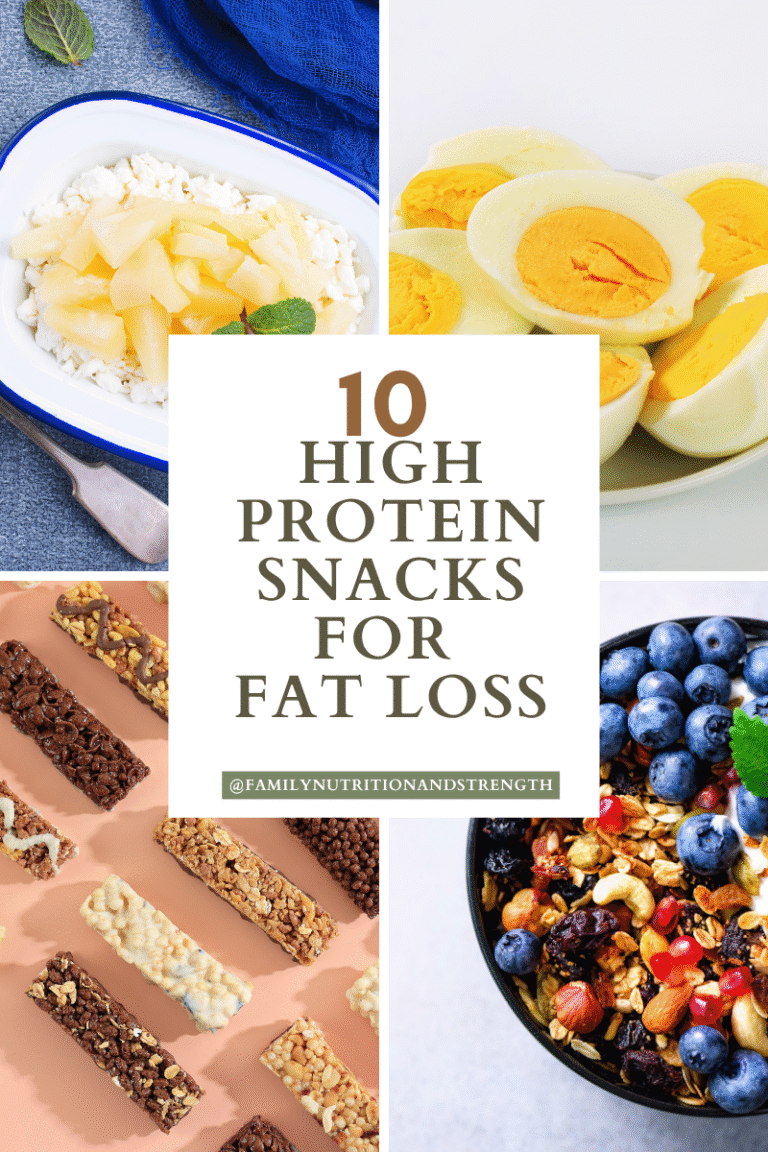Best Diet for PCOS weight loss
I’m a Registered Dietitian Nutritionist and I would love to tell you what the best diet for pcos weight loss is. Spoiler alert it might not be what you’re thinking.

What is PCOS?
PCOS, also known as Poly Cystic Ovarian Syndrome is a gynecological disorder that impacts between 15-18% of women of reproductive age according to research. It can cause ovarian cysts, abnormal hair growth, inflammation, insulin resistance, abnormal lipid panels, and more. There are actually 4 phenotypes of PCOS so not everyone will experience symptoms the same.
Best Diet for PCOS weight loss
The best diet for pcos weight loss is… one you can follow long term!
As a Registered Dietitian I promote long term, sustainable nutrition changes. So why don’t I recommend a specific fad diet? Studies have show that that fad diets fail 80-95 % of the time for long term weight loss. So, what should you do instead? Change your dietary habits and create a caloric deficit for weight loss.
Weight loss comes down to how many calories you are burning versus consuming. For weight loss to occur you must be in a deficit of at least 500 calories per day for 1 lb weight loss/week. As a Registered Dietitian, I can help you set a caloric range that is unique to your body for weight loss. Click to read more about my services here.
Foods to add into your diet for pcos weight loss
1. Omega three rich fish
Inflammation is common with PCOS and can make symptoms worse. Adding in omega three fats can help to decrease inflammation in the body. Add in anti-inflammatory, omega three rich fish like tuna fish, sardines and salmon at least 2 times per week. Opt for baked or broiled versions over fried.
2. Leafy green vegetables
Add delicious green leafy vegetables to help you feel full and give your body the nutrients it needs to thrive. They are rich in vitamin a, c, magnesium, calcium, vitamin k, and more. These nutrients help support healthy bones, cognition, regulate the immune system and plays a role in heart health and metabolism. Leafy green vegetables include:
- spinach
- kale
- swiss chard
- cabbage
- romaine
- dandelion greens
- broccoli raab
- endive
- escarole
- bok choy
- argula
- collard greens
- watercress
- and more
3. Fiber rich fruits
A lot of my clients with PCOS come to me thinking they need to avoid fruit altogether because they have carbohydrates or naturally occurring sugar in them. That is simply not true. Everyone’s body need carbohydrates to thrive, although we all have different carbohydrate needs. Carbohydrates need varies from person to person and depends on our body size, exercise level and more. Aim to include fiber rich fruits like strawberries, blackberries, blueberries and raspberries frequently. Just one cup of raspberries has 8 grams of fiber, or 32% of our daily need for fiber.
4. Non-starchy vegetables
Non starchy vegetables are lower in carbohydrates than starchy vegetables. They help provide essential nutrients and fiber our bodies need to function properly. They include:
- broccoli
- cauliflower
- brussel sprouts
- red peppers
- celery
- mushrooms
- snow peas
- carrots
- eggplant
- artichoke
- asparagus
- beet root
- leeks
- onion
- tomato
- rutabaga
- radishes
- cabbage
- zucchini
- fennel
5. Lean proteins
Meeting your unique protein goal is essential of managing blood sugar levels, supporting hormones, and losing fat > muscle. when trying to lose weight. Lean proteins include chicken, turkey, fish, beans/legumes, nuts and seeds, and some dairy products. To find out what you’re unique protein goal is, apply to work with me for initial nutrition session here.
Want to learn more about pcos weight loss?
If you need more support with your nutrition for your PCOS weight loss goals, apply to work with me here. I work with clients who have the following insurances: Blue Cross Blue Shield. To learn more about using insurance to cover your nutrition counseling sessions, click here.
I also see private paying clients across the entire United States, apply to work with me here.





